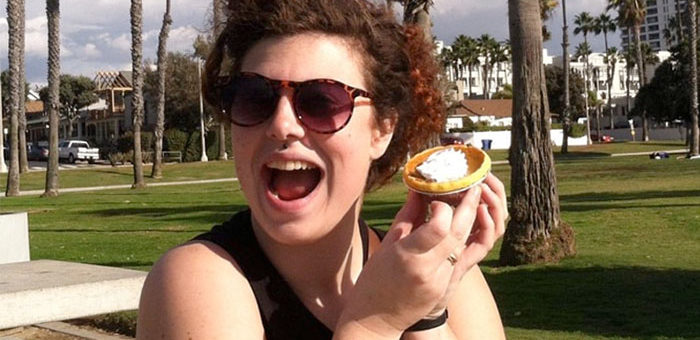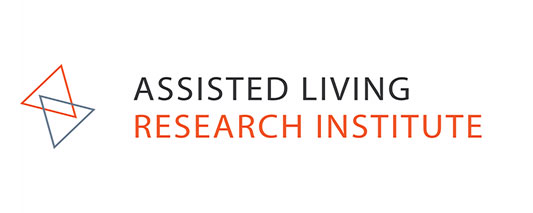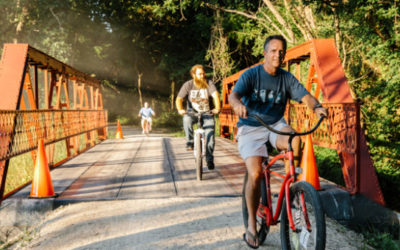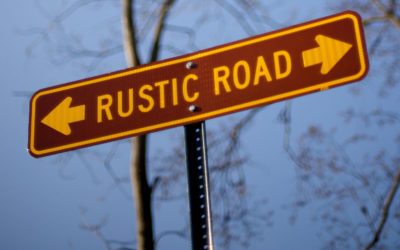This speech, recently given to the faculty, parents and students of Youth Initiative High School by teacher Zoe Drew-King, speaks to the challenge we all face in cultivating will, and that failure can sometimes be our best teacher.
At 7:30 AM on August 17th 2015, I joined nine brave souls on the first ever faculty canoe expedition. We put in just north of Wildcat Mountain, and after promptly flipping Martha and myself, we were on our way. By the time we stopped for lunch I had accepted the fact that I was about to die. I laid down on the sand full of misery and self-loathing and, as our expedition-leader Dave began to speak profoundly on the importance of perspective, I allowed my weak mind and body to slip into a semi-conscious state. The sweet embrace of death was nigh, and as I drifted away I thought to myself:
“I hope this isn’t some omen for how the year will turn out.”
While this may seem like a pretty dark place to start this speech, hear me out. I promise I’ll return to it, and clearly — I’m still alive.
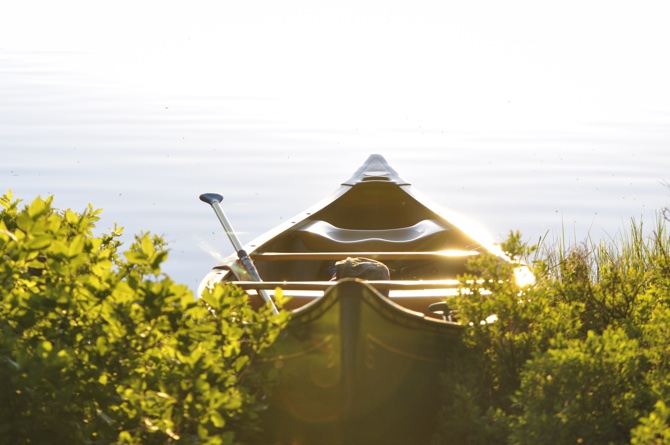
This is my first year as a paid faculty member at Youth Initiative High School. I was the Teacher Development Intern last year, which gave me a chance to observe and participate in many classes — some of which I had the pleasure of teaching this year — but for all intents and purposes, I am pretty new to teaching. I have personally had the pleasure and opportunity to take part in our weekly faculty meetings all year, as well as our two faculty inservice sessions with Michael D’Aleo in conjunction with Tamarack Waldorf School in Milwaukee.
A common thread, held through all of our discussions this year has been “Development of the WILL”. For those unfamiliar with this concept, the “Will” is the capacity to act decisively on one’s desires. Embracing your will and its power, using your will to make choices and engage in action, and demonstrating the use of your will are all, in my understanding, fundamental to the role of Waldorf teachers and to the study of anthroposophy.
Our fundamental question for the year has been: how can we inspire students to engage with their will? The name of our school is “Youth Initiative”, after all. How can we, as a faculty, support students to take up the heavy mantle of Initiative? What is it that we can do to cultivate an environment in which students will flourish independently?
Over the course of the year, we engaged in new challenging activities as a school — in festival days led by houses, in two school plays, in circus shows and music showcases. We welcomed guests to our community from Mary Ellen Colon to Medicine Story and Ellika Linden. Faculty took students to the Twin Cities and La Crosse to participate in conferences both Nobel and MOSES, all over the Driftless in canoes, on bikes, and in boots, and as far south as North Carolina in search of higher education. We shared our school with the world at the Art Night/Faculty Showcase, at the AWSNA Conference, and in Texas and Arizona as part of the ASHOKA network. We sent faculty members to Ashland, to New Orleans, to Albuquerque to learn from other schools and spread the type of education we engage with in our tiny pocket of the universe.
In each of these challenges we have inspired students and faculty alike to engage with their will — to take up the work of being a part of Youth Initiative by representing themselves and their institution to the local and global community we interact with. More recently, we have challenged the will of every member of the school to restrict their personal use of technology — and perhaps more difficultly, tasked people with confronting those around them who are choosing to engage with their technology in a manner contradictory to our community expectations.

I’m not here to brag that we’ve found a solution, that as a faculty we have cracked the mystery of inspiring individual will on a school-wide basis. However, we have made some discoveries in our activities over the course of the year that led towards some answers. These insights, at least as I see them, can be summed up in two words: challenge and choice.
In challenging the school to engage with new ideas and activities, we as a faculty are involved in a willing activity. When we offer that challenge to the student body, we are offering a choice as well: how to engage with the challenge. In the context of classes at the school, this choice is one between passing and failing — and ability to fail is a fundamental aspect of this choice.
I failed the faculty expedition. As I lay there, face in the sand, my breath slowly moving minute pieces of ancient eroded rock, I knew that even though Dave wasn’t going to write me a final report I had failed. And as soon as I had accepted this fact, I let go of feeling awful about it. I knew that it was more important for me, in that moment, to learn from this and move forward — to understand what had led me to choose failure and grow from it.
We read from The Gift of Failure in our faculty meeting this year. In this book on parenting and educating, Jessica Lahey exalts the importance of choice being in the hands of each individual: “The choice should be theirs, if you want them to find ownership and pride in their learning and growth.” If we offer our students nothing else, let it be the glory of choice. Is that not our goal as faculty, for students to take ownership and pride in their learning and growth? To have them initiate and choose their own educational experiences?
As faculty, let us ourselves rise to meet the challenge of making choices as well. Let us choose to engage with the faculty mentorship proposed for the next year and support the work of the houses we are sorted into. Let us join the students at 8am as they fulfill their graduation requirement of morning circle attendance. Let us encourage them to choose to engage with their pass/fail graduation requirement of cleaning as well — but let us acknowledge that their choice to fail is as important to their learning and growth as it would be to pass. Let us, as a faculty, continue to engage with the work of living, of willing, of choosing, and of failing.
The Steiner verse that the faculty has engaged with begins with the following line: “to us it is given, at no stage ever to rest.” Yes, we are tasked with an unending role of leadership, of learning and growing, of choosing to challenge ourselves. However, I don’t think this means we should never rest — that we should never, as it might be interpreted, fail. Perhaps you are part of the ceaselessly active core faculty of the school — like Jacob, who Matt once described as “a man who makes a medieval ox look lazy.” Or maybe you’re more like me, who needs to crash on a sandbar on an August afternoon. The important thing is that regardless of who we are as a faculty — as individuals, as a empowered body of choice-makers — that we do challenge ourselves to get up, get back in the canoe, and keep paddling.

